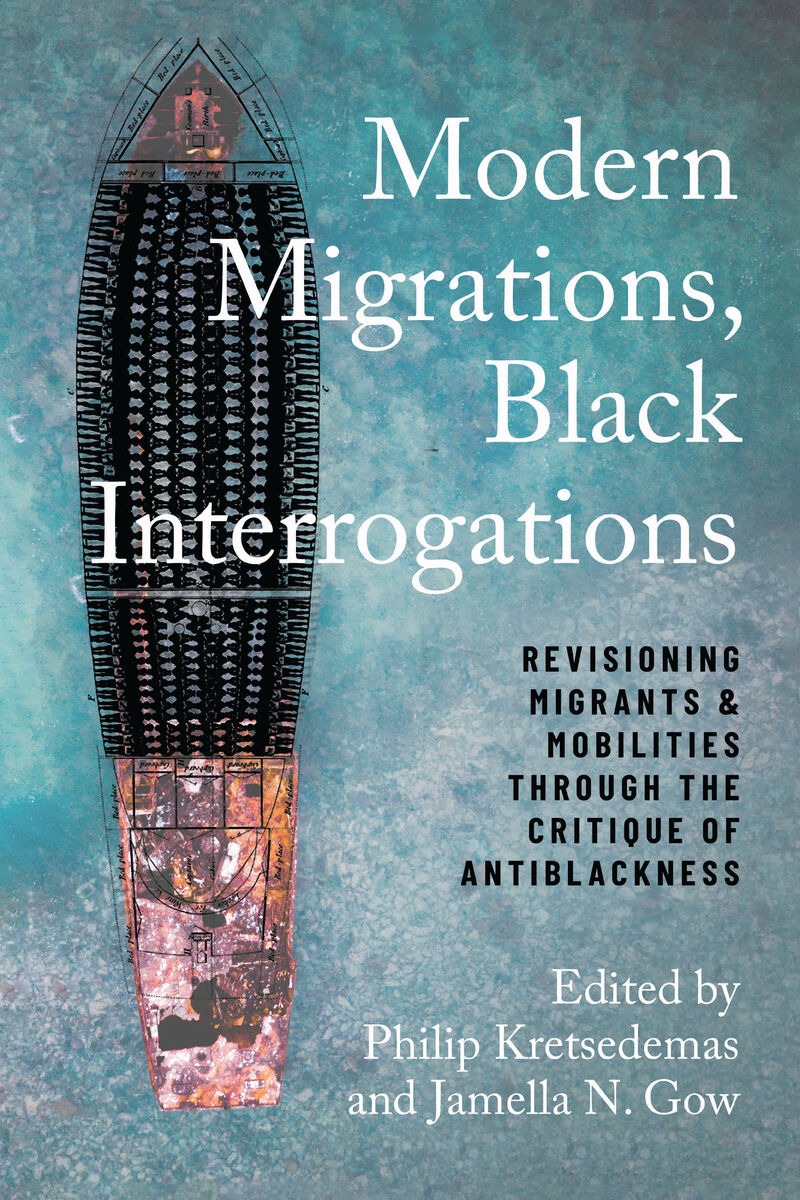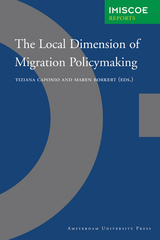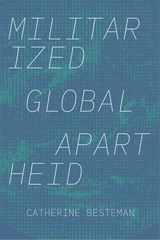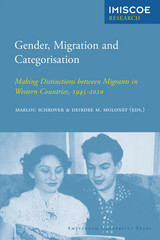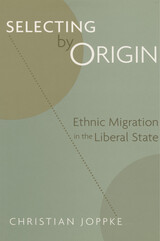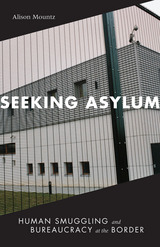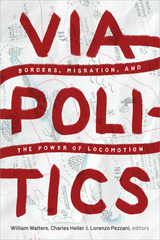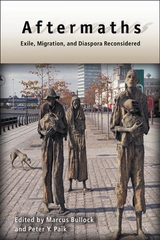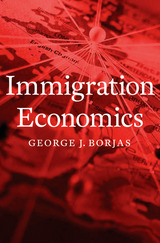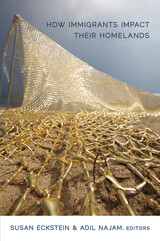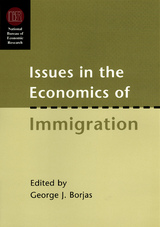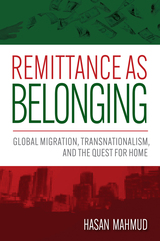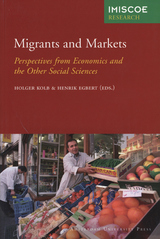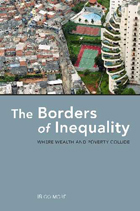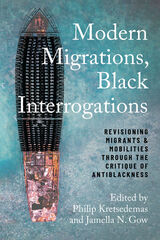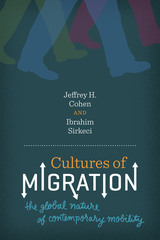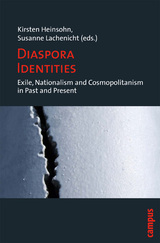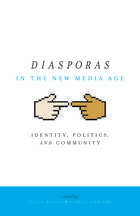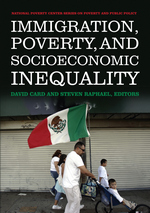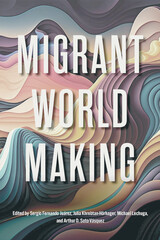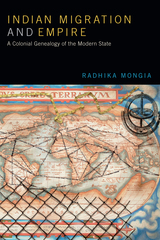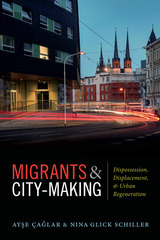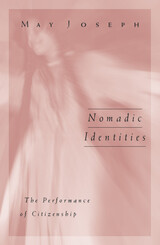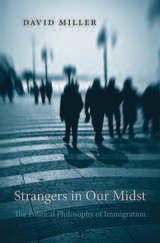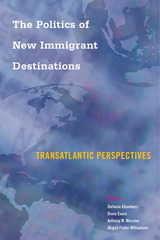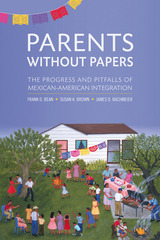Modern Migrations, Black Interrogations: Revisioning Migrants and Mobilities through the Critique of Antiblackness
Temple University Press, 2024
Paper: 978-1-4399-2271-2 | Cloth: 978-1-4399-2270-5 | eISBN: 978-1-4399-2272-9
Library of Congress Classification JV6225
Dewey Decimal Classification 305.896
Paper: 978-1-4399-2271-2 | Cloth: 978-1-4399-2270-5 | eISBN: 978-1-4399-2272-9
Library of Congress Classification JV6225
Dewey Decimal Classification 305.896
ABOUT THIS BOOK | AUTHOR BIOGRAPHY | REVIEWS | TOC | REQUEST ACCESSIBLE FILE
ABOUT THIS BOOK
Modern Migrations, Black Interrogations uses reflections on the Black experience to consider the “unasked question of blackness” in modern migration and movement. The editors and contributors use the lens of Black Studies to show how migration—compelled by force or suggestion, from the transatlantic African slave trade to the Great Migration and the current refugee crisis—has been structured to reinforce white supremacy.
Focusing on antiblackness in immigration and examining restrictions on freedom of movement and on settling alike, chapters address how Black im/mobility operates and how it can be distinguished from that of the migrant and the colonial settler, as well as from the transgressive mobilities of Indigenous populations. Looking at blackness, borders and border practices, and displacement, Modern Migrations, Black Interrogations investigates racialized boundaries that determine immigration policy, citizenship, legality, and inclusion. Additional chapters analyze communities, such as the Haitian diaspora in Miami, antiblackness in the context of Australian migration, and explore literary representations of justice, slavery and Black feminist consciousness.
Modern Migrations, Black Interrogations uses (anti)blackness to rethink the way we understand borders, immigrant identity, barriers to integration, and the dynamics of migrant exclusion, while also providing an understanding of “otherness” for Black populations across nationalities.
Contributors: Maya Hislop, P. Khalil Saucier, Hyacinth Udah, Paula von Gleich, Tryon P. Woods, and the editors
Focusing on antiblackness in immigration and examining restrictions on freedom of movement and on settling alike, chapters address how Black im/mobility operates and how it can be distinguished from that of the migrant and the colonial settler, as well as from the transgressive mobilities of Indigenous populations. Looking at blackness, borders and border practices, and displacement, Modern Migrations, Black Interrogations investigates racialized boundaries that determine immigration policy, citizenship, legality, and inclusion. Additional chapters analyze communities, such as the Haitian diaspora in Miami, antiblackness in the context of Australian migration, and explore literary representations of justice, slavery and Black feminist consciousness.
Modern Migrations, Black Interrogations uses (anti)blackness to rethink the way we understand borders, immigrant identity, barriers to integration, and the dynamics of migrant exclusion, while also providing an understanding of “otherness” for Black populations across nationalities.
Contributors: Maya Hislop, P. Khalil Saucier, Hyacinth Udah, Paula von Gleich, Tryon P. Woods, and the editors
See other books on: Antiblackness | Black people | Critique | Migrations | Racism against Black people
See other titles from Temple University Press
